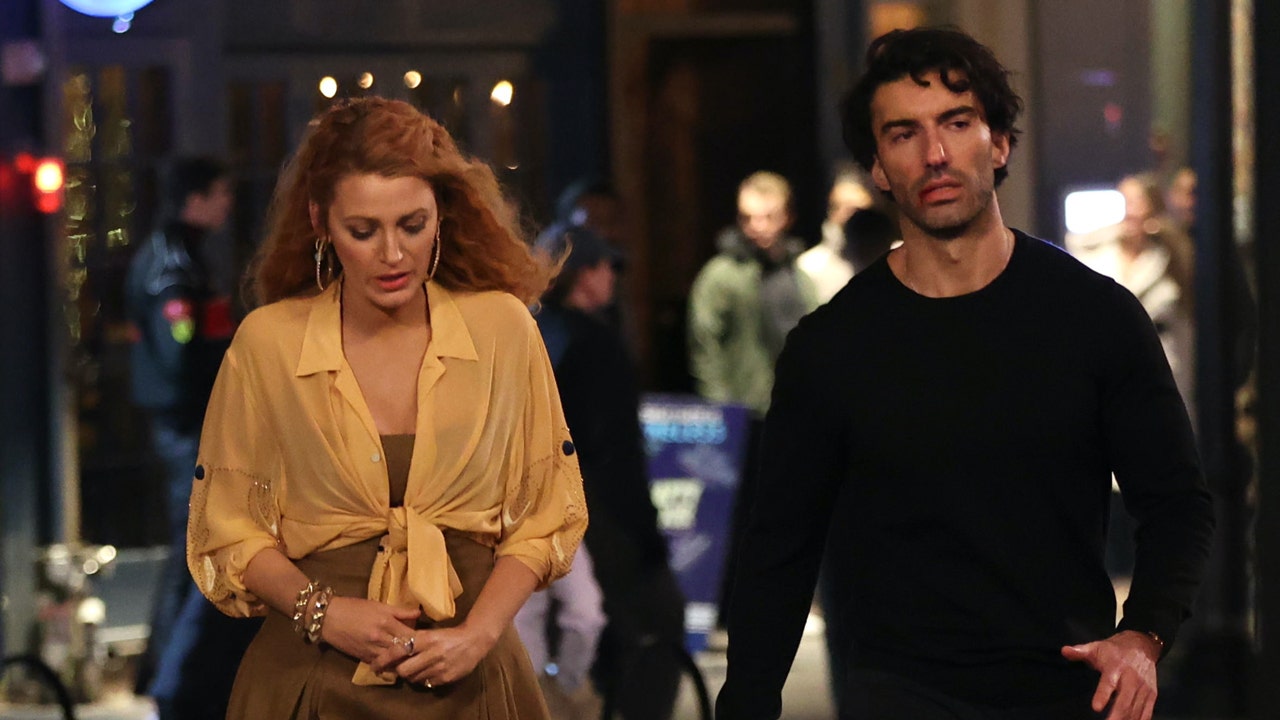Blake Lively at the Center of Controversy: Allegations of Manipulation in Baldoni Lawsuit
Actress Blake Lively has recently found herself embroiled in a significant controversy following allegations of manipulation in the ongoing sexual harassment lawsuit involving Justin Baldoni. As the narrative unfolds, it raises critical questions about the ethics surrounding media involvement in high-profile legal battles. The intersection of celebrity culture, journalism, and legal integrity is under scrutiny, and this situation serves as a case study in the complexities of public perception and media responsibility.
The Background of the Baldoni Lawsuit
The lawsuit against Justin Baldoni, known for his work on the hit series “Jane the Virgin,” has garnered considerable attention. Allegations of sexual harassment have led to a broader discourse about workplace safety and accountability in Hollywood. As the legal proceedings progress, various media outlets have picked up the story, giving it a life of its own in the public sphere.
In recent weeks, Blake Lively’s name has surfaced in connection with the lawsuit, not as a defendant or a direct participant but rather as someone who allegedly exploited the situation for personal gain. This has sparked widespread debate about whether her involvement is ethical or simply a reflection of the media frenzy that often surrounds high-profile cases.
Allegations Against Blake Lively
The allegations suggest that Lively may have manipulated a journalist’s narrative regarding the Baldoni lawsuit to bolster her public image. Critics argue that this kind of behavior not only undermines the seriousness of the allegations against Baldoni but also raises ethical questions about the role of celebrities in influencing media coverage of sensitive topics.
Some of the key points emerging from these allegations include:
- Media Manipulation: Critics claim that Lively’s actions reflect a broader trend among celebrities who use their platforms to shape narratives in their favor, often at the expense of the truth.
- Exploitation of Victims: There are concerns that leveraging a high-profile legal case for personal gain can minimize the experiences of the individuals affected by the allegations.
- Public Perception: The incident raises questions about how public figures can influence public opinion and the ethical implications of their actions.
The Ethics of Celebrity Involvement in Legal Matters
This controversy highlights the intricate relationship between celebrities, the media, and the legal system. When celebrities become involved in legal disputes, their influence can drastically shape public perception. However, this power comes with a heavy responsibility. Ethical considerations include:
- Responsibility to Victims: Public figures should consider how their actions and statements affect victims and survivors. Exploiting a situation for personal gain can lead to further victimization.
- Integrity of the Media: Journalists must navigate the fine line between reporting the news and becoming part of it. The role of the media should be to inform, not to sensationalize.
- Impact on Legal Proceedings: High-profile media coverage can influence the outcomes of legal cases, potentially compromising the fairness of trials.
Public Reactions and Backlash
The public’s response to these allegations has been mixed. Some fans of Blake Lively have come to her defense, arguing that she has a right to express her opinions and engage with media narratives. Others, however, have voiced their disapproval, emphasizing the ethical implications of her alleged actions.
Social media has been a significant platform for these discussions. Hashtags related to the Baldoni lawsuit have trended, with users sharing their thoughts on Lively’s involvement. This public discourse reflects a broader societal concern about accountability and the responsibilities of those in the spotlight.
The Role of Media in Legal Cases
As this controversy unfolds, it’s essential to examine the media’s role in shaping narratives around legal cases. Media coverage can significantly influence public opinion and, in turn, impact the legal process. Here are some key considerations:
- Accuracy vs. Sensationalism: The line between reporting facts and sensationalizing a story can often blur, especially in high-profile cases. Journalists must strive for accuracy while avoiding the trap of sensationalism.
- Ethical Reporting: Journalists have a duty to report ethically and responsibly, ensuring that their work does not exploit vulnerable individuals or misrepresent the facts.
- Public Interest: While the media serves the public interest, it must also consider the potential consequences of its reporting on individuals involved in legal matters.
Looking Ahead: The Future of Celebrity Culture and Legal Ethics
As society continues to grapple with issues of harassment and accountability, the intersection of celebrity culture and legal ethics will remain a focal point. The controversy surrounding Blake Lively serves as a reminder of the complexities inherent in high-profile cases and the responsibilities that come with fame.
In the future, it may be crucial for public figures to reflect on the impact of their actions and the narratives they promote. As audiences become more aware of these ethical dilemmas, they may demand greater accountability from both celebrities and the media.
Conclusion
Blake Lively’s alleged manipulation in the Baldoni lawsuit has sparked a significant conversation about ethics in celebrity involvement in legal matters. As the media continues to cover this story, it is essential to prioritize the integrity of reporting and the experiences of those involved in the case. The controversy serves as a reminder of the power dynamics at play in high-profile legal disputes and the vital need for ethical considerations in celebrity culture.
Ultimately, this situation invites us to reflect on our values regarding accountability, truth, and the responsibilities we all share in fostering a more ethical public discourse.
See more The Buzz Live

